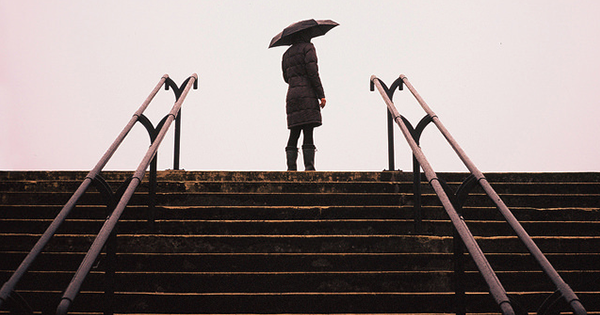
When I came out to my doctor, she said, “Tell me about your team.” “Well, that starts with you,” I replied. But she didn’t mean my medical team. She was thinking of family and friends, my support system.
The question stymied me because I have been alone in my life. The family I grew up in is, to put it mildly, a diffuse bunch, and I hadn’t come out to a single person in it (nor would I until just before going full time). As for my friends, so many had moved out of New York, a city that fosters anonymity and transience, not community.
There’s also this: transgender people, as a group, are some of the most isolated humans on the planet. We isolate out of fear and trauma, but also for protection. It would be hard to overstate the danger of being trans, something that can get you ejected from family and community, abused in public, and fired from a job (which is still legal for employers to do in 32 states). Even though I would love more company, I stay clear of large groups and will drop a friendship without a shred of regret the instant I catch a whiff of close-mindedness or manipulation.
I think I was also protecting the wife and children I never had. The fact that none of my love relationships have lasted more than two years isn’t something I’m proud of, although I’m grateful now to have avoided the suffering that could have ensued had I transitioned as a husband and parent. I’ve run into countless cross-dressers and trans women who, when they finally came out to their wives and children, watched their families suffer irreparable damage. Though I didn’t know myself to be trans at the time, I now regard the 18-month wall I seemed to hit, with each woman I was with, as an instinctively protective one.
While isolation, however painful, kept me safe, transitioning in exile was a different matter. It’s dangerous not to have someone there when you freak out from hormones or when you wake up in a hospital after a medical procedure.
I was complaining about the general lack of community to a friend who doesn’t believe in complaints, when he said, “What are you doing to build community?” That’s when I thought of sending a transition update letter to people I love who live outside of New York City. I am now, through the “Diana Updates” and the replies I get, engaged in intimate correspondence with more than 150 people, fellow writers, former students and teaching colleagues, people I know from meditation retreats, and a widening group of trans folks and others I’ve come out to. It doesn’t seem to matter that it’s over email: they recognize someone communicating openly and authentically, and they reciprocate. That’s community, and it’s what I was missing all my life.
In person, more people have embraced me as Diana than ever embraced me as Doug, because my walls have come down. I still spend a ton of time alone—that comes with being a writer in New York City—but solitude no longer feels punishing. I no longer envy the lives of others because I finally feel like I’m in mine. Even on tough days, there’s a sense that the mission is true, and I’m where I need to be.

